Should prisoners be allowed to vote?
Scotland proposes new legislation to give inmates serving a sentence of less than 12 month the right to vote
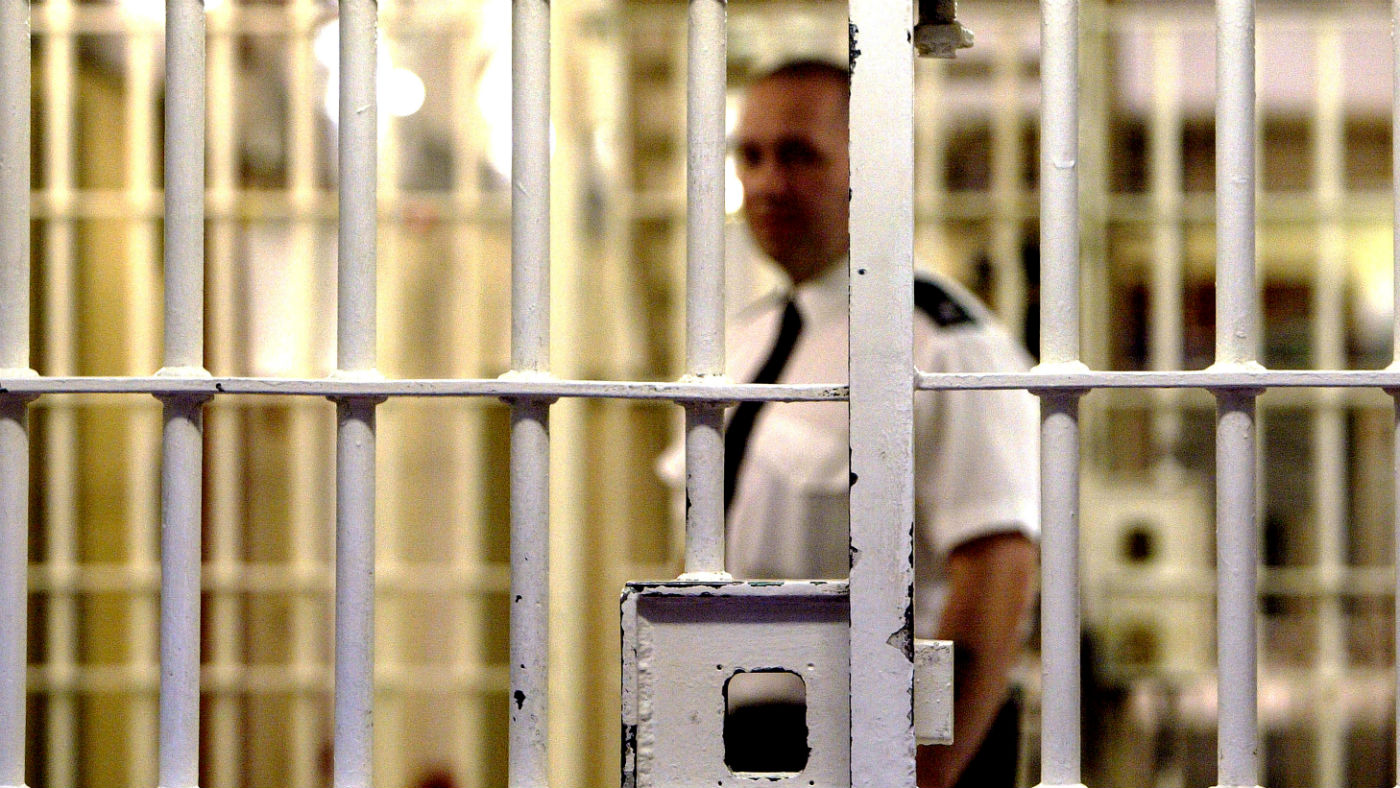
A free daily email with the biggest news stories of the day – and the best features from TheWeek.com
You are now subscribed
Your newsletter sign-up was successful
Scottish inmates serving less than 12 months could be given the right to vote under new legislation which has sparked widespread debate about the disenfranchisement of British prisoners.
Speaking as the bill was published, Holyrood’s business manager, Graeme Dey, said ministers had decided not to extend voting rights to all prisoners, but stressed restricting prisoner voting to those serving sentences of less than a year would “support rehabilitation and reintegration back into society in order to reduce reoffending”.
Earlier this month a group of Welsh Assembly members said prisoners serving less than four years should be allowed to vote in assembly and council elections. A majority of the Senedd’s local government committee, from Labour and Plaid, said it would help reintegrate and include prisoners in wider society.
The Week
Escape your echo chamber. Get the facts behind the news, plus analysis from multiple perspectives.

Sign up for The Week's Free Newsletters
From our morning news briefing to a weekly Good News Newsletter, get the best of The Week delivered directly to your inbox.
From our morning news briefing to a weekly Good News Newsletter, get the best of The Week delivered directly to your inbox.
What is the current law?
There is currently a blanket ban preventing convicted prisoners from voting in UK elections despite a European Court of Human Rights ruling to the contrary.
The court in Strasbourg ruled in 2004 that a blanket ban on all British prisoners voting contravened the European Convention on Human Rights (ECHR), “but in 2017, the UK government announced a compromise, which satisfied the court, allowing a limited number of prisoners the vote,” says the BBC.
Under these changes “only prisoners wearing an electronic tag or who are out on temporary licence are allowed to vote”, says iNews.
A free daily email with the biggest news stories of the day – and the best features from TheWeek.com
In Scotland the extension of voting rights is expected to affect around 1,000 prisoners in jails around Scotland, “although this number may fall due to plans to effectively abolish sentences of less than a year”, says the newspaper.
The bill states that inmates will not be allowed to leave jail to vote, instead submitting their ballots by post or though a proxy.
Argument for extending voting rights to prisoners
In 2001, the United Nations said a ban on prisoner voting amounted to an “additional punishment”, yet despite arguments it infringes on basic human rights, the UK remains one of the few EU countries that enforces a blanket ban.
It is this perceived injustice that Holyrood has sought to address. Scottish Lib Dem justice spokesperson Liam McArthur said: “The blanket ban flouts international law and no other developed European democracy does it. It isn’t fair, progressive or in the interests of rehabilitation.”
“We know to reduce re-offending we need to make people more aware of their responsibilities as citizens, instead of alienating them,” he said.
Yet according to the independent penal reform organisation Howard League Scotland extending the vote to prisoners is “not simply about criminal justice, penal reform or rehabilitation”, reports The Ferret.
It was about “creating a universal franchise for all adults in Scotland and ensuring democratic rights for all citizens,” the league argued. “The existence of a universal franchise is an important measure of the strength of our democracy and of social equality,” it said, adding that prisoners denied the vote were inflicted with a form of “civic death”.
Writing in Medium Dr Duncan Riach argues: “any time conditions or restrictions are placed on whether or how a citizen can vote, it opens the door to voter suppression, which is a path to the gradual destruction of a democracy. This is particularly true with criminals because if it’s possible to silence the vote of those who have been judged to be criminals, then it creates a perverse incentive for lawmakers to create and pass laws that discriminate against those who might vote against the re-election of them or their party. Preventing those convicted of crimes from voting potentially leads to an accelerated path to the end of democracy.”
“Their vote would be an indication of sound moral character, a contribution to society, and a service to democracy” he adds.
The BBC says of the prisoners in Bridgend’s HMP Parc in Wales, “most were supportive of the idea”.
One inmate described it as “vital” that they retain their human rights, even though they had been incarcerated although another countered, saying he was being removed from society while he was in prison.
More than half of prisoners questioned by Welsh assembly members said they would vote, but some said they thought many would not.
Argument against extending voting rights for prisoners:
The problem is the public is bitterly divided on the issue. The Scottish Government carried out a public consultation on the plans last year and found one in three were against prison voting, with a third backing the 12-month option and a third calling for all prisoners being given the vote.
The Daily Express says Gary Robertson, of Alloa Spiritualist Church, “was typical of those who opposed the move”.
He wrote: “A prison sentence means that you are being punished and lose all your rights as an individual, no matter what the crime was.”
Listing a wife-beating politician, a paedophile, an axe-wielding thug and a stalking police officer as among those who would be eligible to vote in upcoming elections if the SNP’s new plan gets the go-ahead, the Express said they “provide a stark example of just what implications the idea will have for society”.
“Voting is a human right, according to judges,” says the Scottish Sun. “The measure of how seriously a civilised society treats human rights is the way it protects the rights of its least deserving citizens”.
But the editorial argues “the right to vote carries with it a huge responsibility. Adults are trusted to use their best judgement to make important decisions about how the whole community is governed. Why should we trust people who have rejected their responsibilities towards the community — who steal from or attack others, violate their property or terrify them in their homes — to make responsible decisions about how the community is run?”
-
 The week’s best photos
The week’s best photosIn Pictures An explosive meal, a carnival of joy, and more
-
 The ‘ravenous’ demand for Cornish minerals
The ‘ravenous’ demand for Cornish mineralsUnder the Radar Growing need for critical minerals to power tech has intensified ‘appetite’ for lithium, which could be a ‘huge boon’ for local economy
-
 Why are election experts taking Trump’s midterm threats seriously?
Why are election experts taking Trump’s midterm threats seriously?IN THE SPOTLIGHT As the president muses about polling place deployments and a centralized electoral system aimed at one-party control, lawmakers are taking this administration at its word
-
 Insects and sewer water: the alleged conditions at 'Alligator Alcatraz'
Insects and sewer water: the alleged conditions at 'Alligator Alcatraz'The Explainer Hundreds of immigrants with no criminal charges in the United States are being held at the Florida facility
-
 Alcatraz: America's most infamous prison
Alcatraz: America's most infamous prisonThe Explainer Donald Trump wants to re-open notorious 'escape-proof' jail for 'most ruthless and violent prisoners' in the US
-
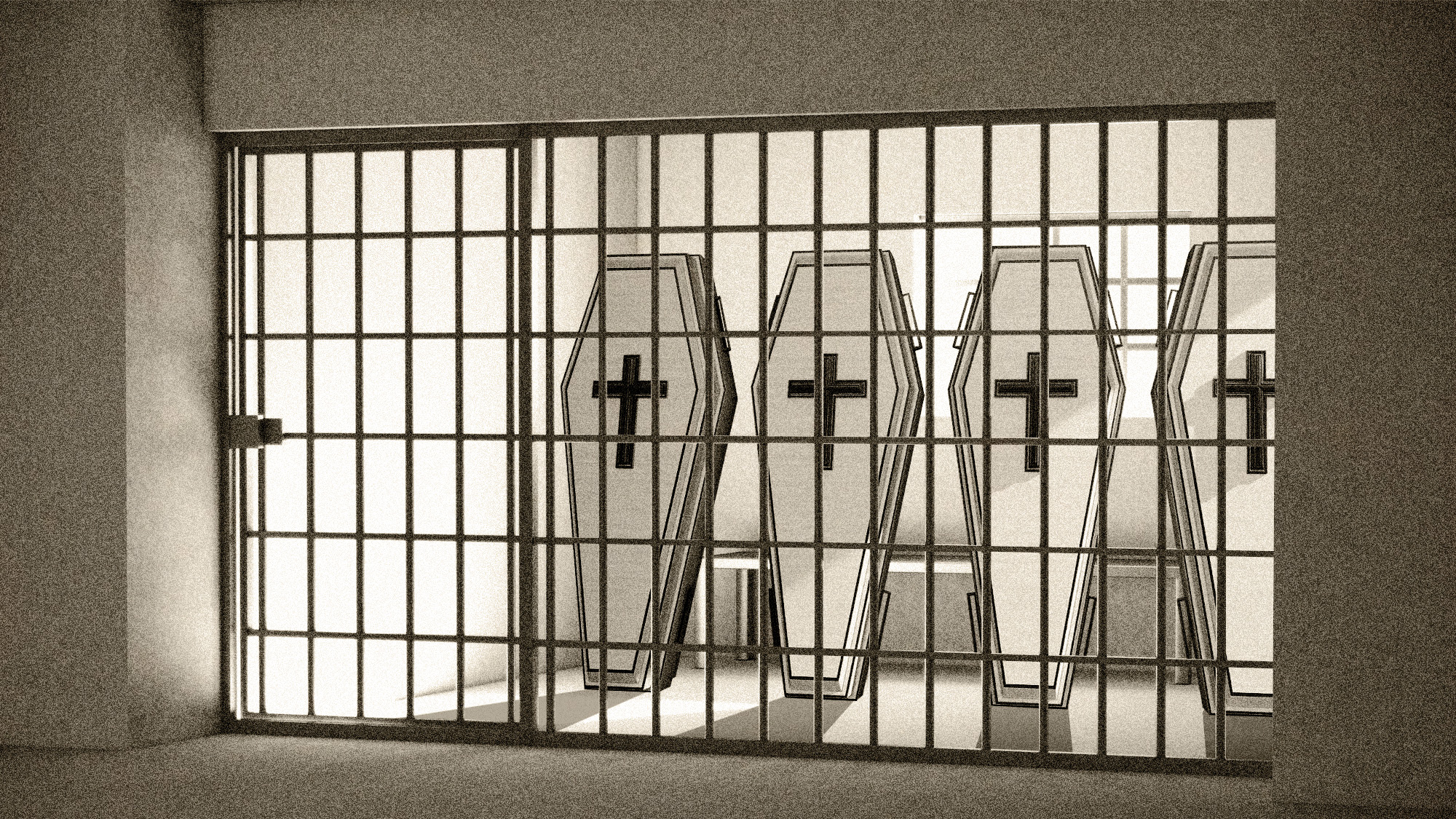 Italy's prisons crisis
Italy's prisons crisisUnder the Radar Severe overcrowding, dire conditions and appalling violence have brought the Italian carceral system to boiling point
-
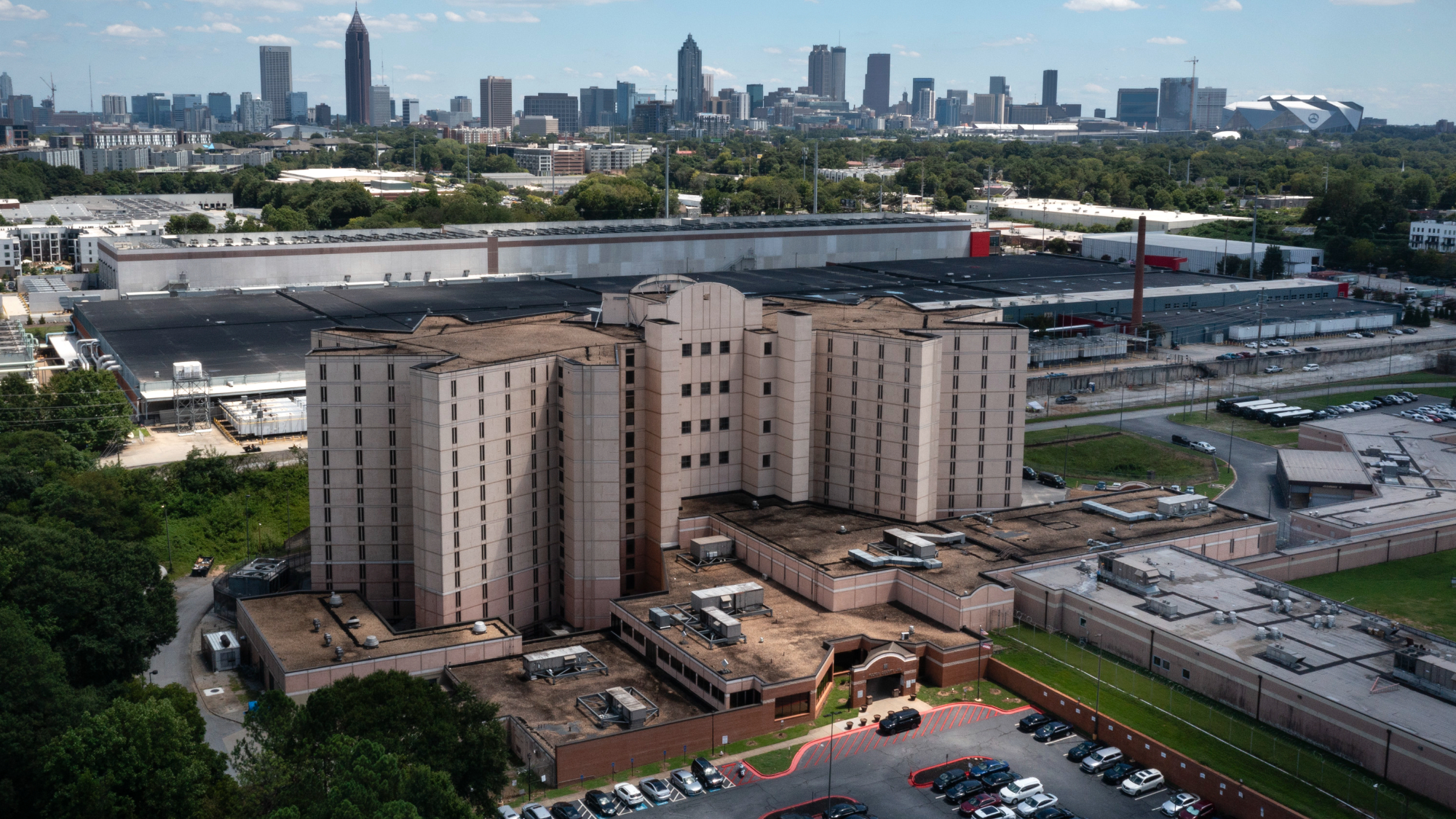 DOJ demands changes at 'abhorrent' Atlanta jail
DOJ demands changes at 'abhorrent' Atlanta jailSpeed Read Georgia's Fulton County Jail subjects inmates to 'unconstitutional' conditions, the 16-month investigation found
-
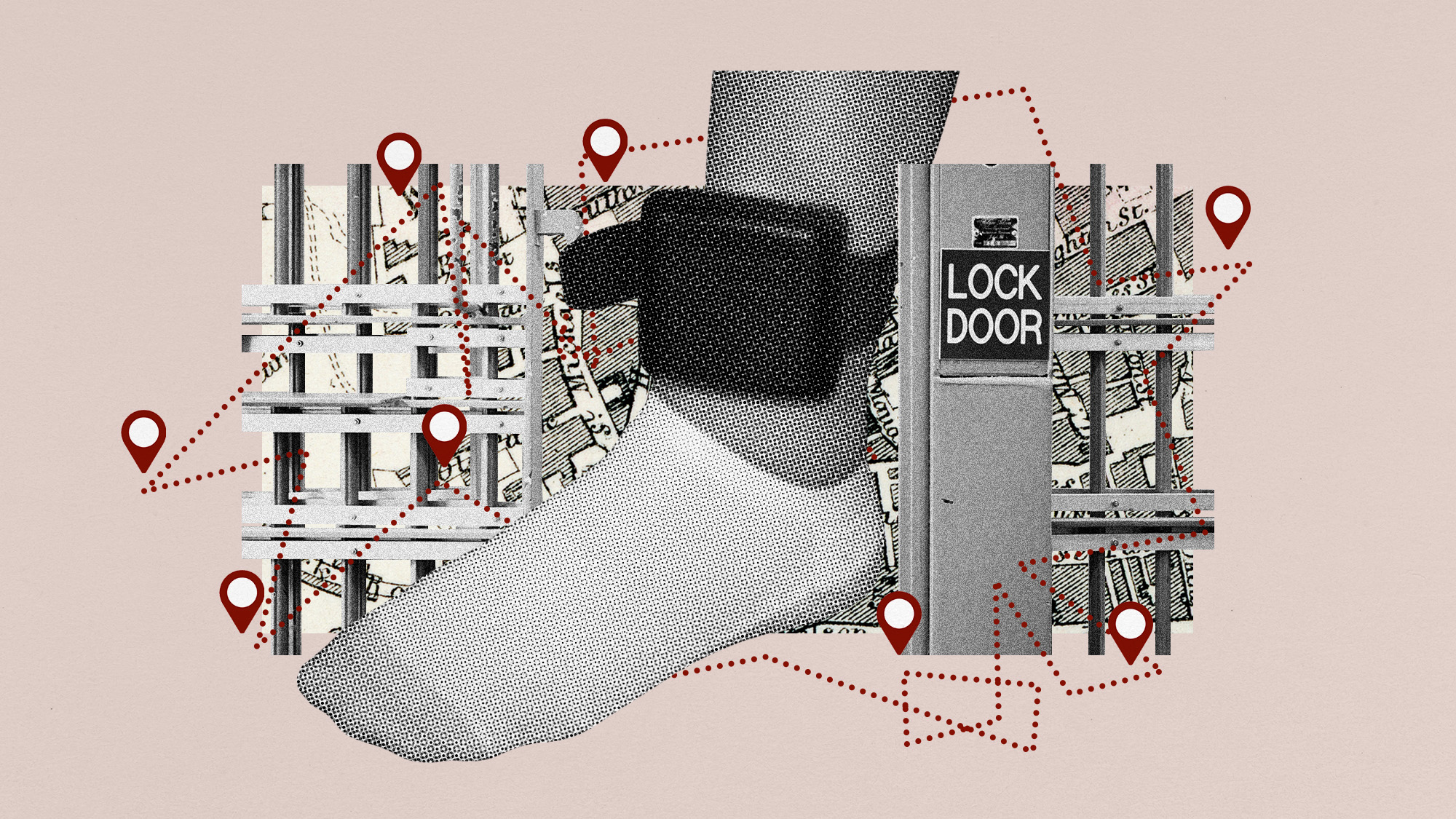 'Virtual prisons': how tech could let offenders serve time at home
'Virtual prisons': how tech could let offenders serve time at homeUnder The Radar New technology offers opportunities to address the jails crisis but does it 'miss the point'?
-
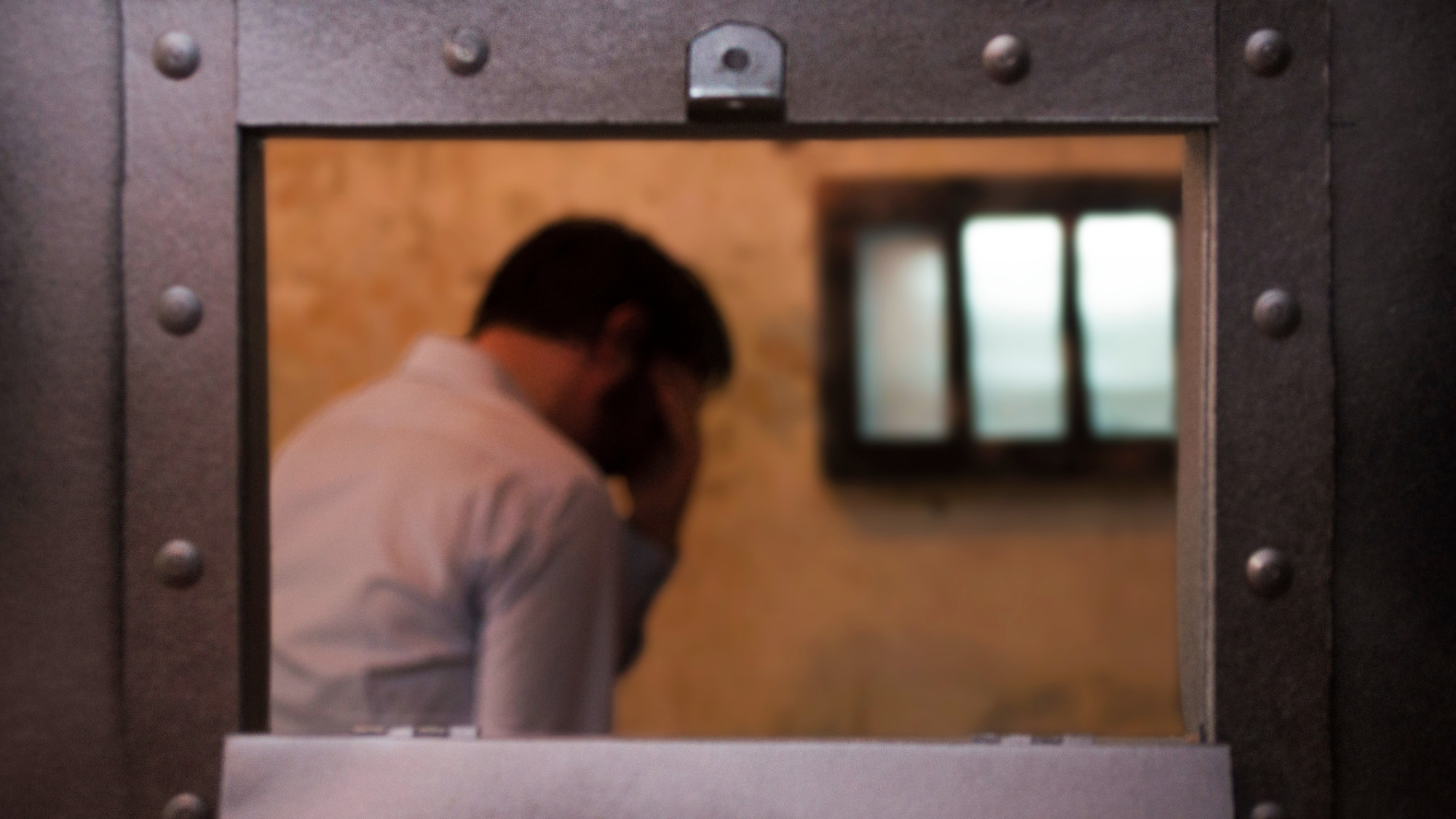 The countries that could solve the UK prisons crisis
The countries that could solve the UK prisons crisisThe Explainer Britain's jails are at breaking point, and ministers are looking overseas for solutions
-
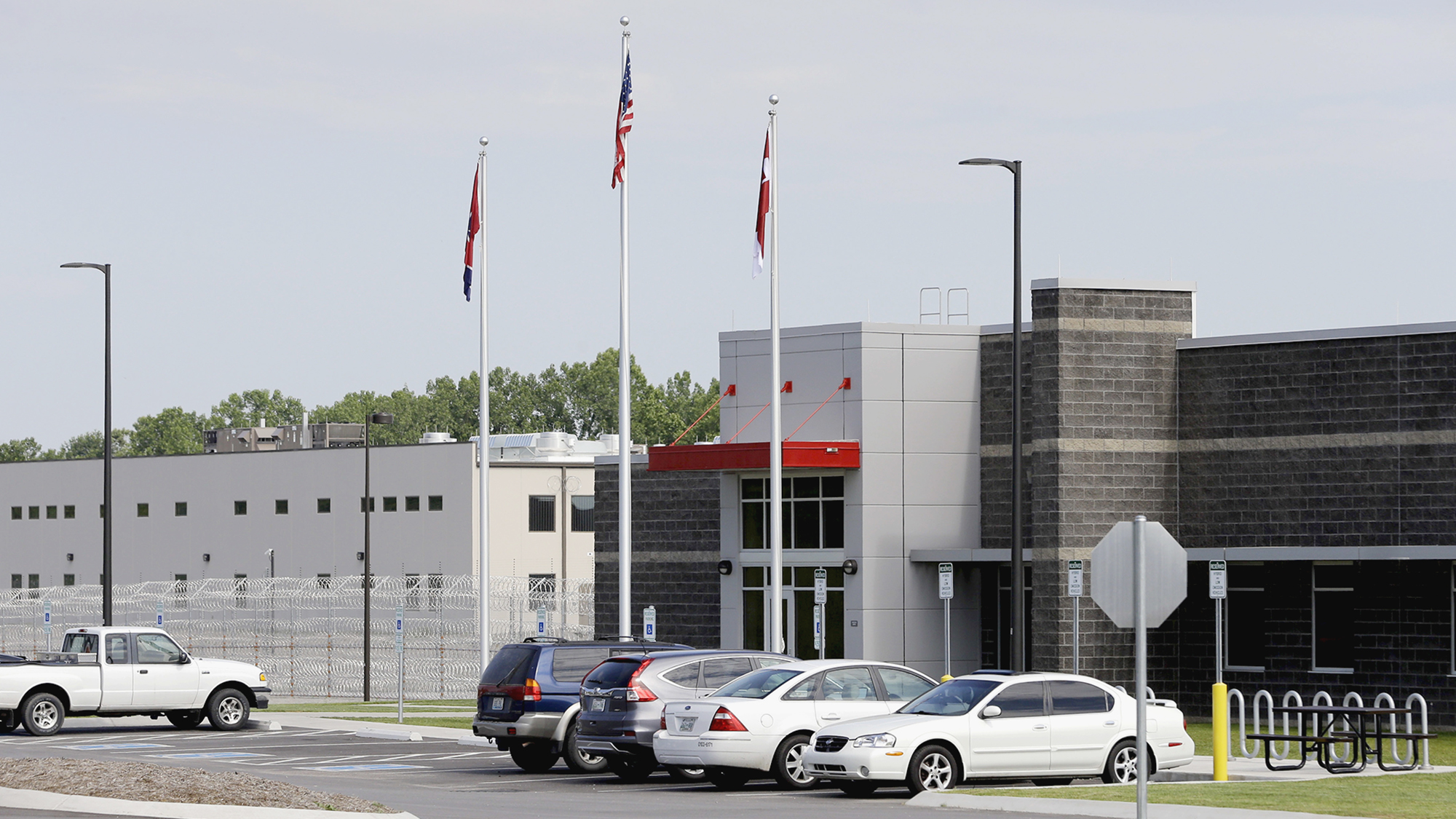 DOJ investigates Tennessee's largest prison
DOJ investigates Tennessee's largest prisonSpeed Read Federal authorities are looking into reports of substantial violence and sexual abuse at Trousdale Turner Correctional Center
-
 Tuscany's idyllic island prison with a waiting list
Tuscany's idyllic island prison with a waiting listUnder the Radar Europe's last island prison houses 90 inmates and makes wine that sells for $100 a bottle